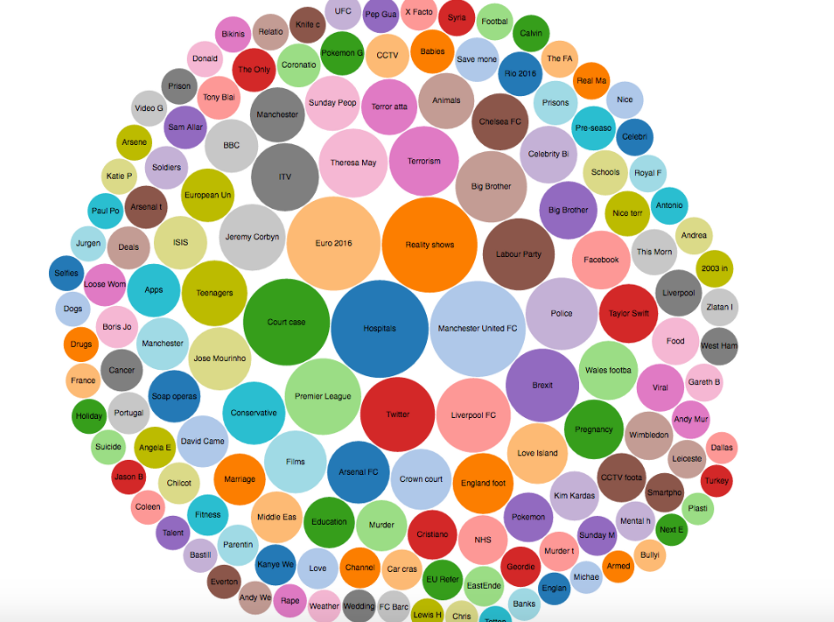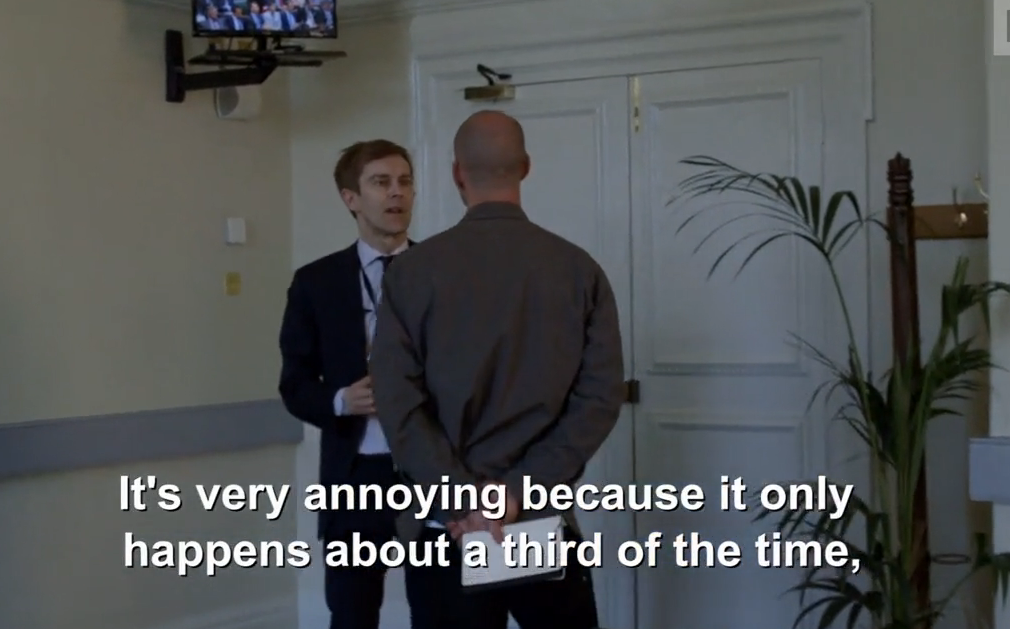In my world of mainstream news media the New Year has brought forth a small, but interesting ripple in the future of news pond. The stone has been cast by two highly reputable Americans, journalist Ben Smith (BuzzFeed, New York Times) and news executive Justin Smith (Bloomberg, Quartz, Economist, IHT). As with any start-up in its initial stages of ideation the proposal is a little vague but it has already set out some core principles.
Justin Smith writes that the four pillars for what he hopes will be a profitable as well as quality offering are:
- A gap in the market: mainstream media has been so focused on survival and adaption to new market and technology conditions that it has concentrated domestically instead of the ‘opportunity to invent a modern, general-interest, global news business from scratch that serves unbiased journalism to a global audience and provides a high-quality platform for the best journalists in the world.’
- A huge unserved audience of ‘an English-speaking, college-educated, professional class of over 200 million people’ around the world
- A demand for global, ‘trusted news that confronts the scale of our challenges with a global outlook, sustained rigor, an independent world view, and editorial excellence.’
- They will provide objective journalism rather than the content created by ‘national media and global social networks [that] are too often cacophonous, tribal, partisan, radicalizing, algorithmically serving the lowest common denominator and amplifying the basest content, presenting people with alternate facts that they want to hear’.
I certainly agree with their additional point that there probably is a gap for news media that can take advantage of new formats, audience data, new revenue streams and the creative journalism talent out there. So-called ‘legacy’ media does have constraints that means that much development is incremental, not transformational, although digital native news organisations have also struggled around the world to scale up and sustain their innovation.
So what are my doubts?
I have a selective but intensive experience of a sample of those 200 million educated globalistas. My students at LSE – as well as many of the media people I work with around the world – are largely drawn from that amorphous section of humanity. They are, indeed, interested in global issues and often consume journalism from the BBC, New York Times, Guardian, CNN, Economist etc that addresses those topics and that audience. They use social media and and search to roam across the world to find the journalism that meets their interests. The Internet combined by a much more cosmopolitan business model means (western) mainstream media is more accessible and news organisations are more attentive to what happens beyond the borders of their own country base.
These students are often driven by disappointment in their domestic media, but ultimately they prefer something in their language and culture. They are also passionately interested in where they are from and where they live. All news, as they say, is ultimately local. They would like their journalists to be local, too, even when dealing with ‘global’ issues. I am not sure how this quintessentially American start-up is going to address that or out compete the international reach of, say, the BBC, Guardian, or New York Times online.
Secondly, the business model. Every month I get someone pitching a global news start-up to me that will either create or curate trusted, objective, balanced, intelligent, journalism that tackles the major issues facing our ‘connected world’

After more than a decade none have succeeded. They all rely in the end on either content, people or formats extracted from the same news organisations that they seek to supplant. They all overestimate people’s desire to pay for new sources of pure, objective, high-minded journalism and underestimate the number of organisations that already provide it.
Thirdly, the ‘quality’ argument. I would argue that emotions and political perspective are an essential part of good journalism, not something to be eradicated, even if that were possible. Most people consume a mixed diet of more partisan, passionate and particular journalism alongside more balanced, objective and utilitarian content. Sometimes it comes from the same source. Claiming you have a secret recipe for ‘truth’ and ‘trust’ is, I feel, a delusional and potentially distracting mission.
Despite all that, I wouldn’t be surprised if the Smiths create something interesting and have a lot of fun, and even some success with this venture. So good luck to them. But I am confident it will not be revolutionary, indeed, I doubt it will get beyond niche. As former Guardian exec now Columbia journalism Professor Emily Bell suggests, this may have more about the founders career-stage and the ‘investment cycle’ than any desire to re-invent journalism.
What I really hope is that one day soon someone from Nairobi or Delhi will come up with this kind of proposal and get the funding to do this from the perspective of the non-Western, or at least, non-American globalistas. Even more ideally, they would not be white men. The really interesting question is why that isn’t happening. My guess is that the venture capital is still largely US centred and that political constraints in countries such as India make significant media innovation tough. More research needed…
Update:
Interesting take from journalist/educator/trainer/strategist Anita Zielina, an Austrian working at New York’s Newmark journalism school that gives more detail on the non-American perspective:
This article by Charlie Beckett represents the views of the author and does not necessarily represent the views of Polis or the LSE








Good luck to tjem!